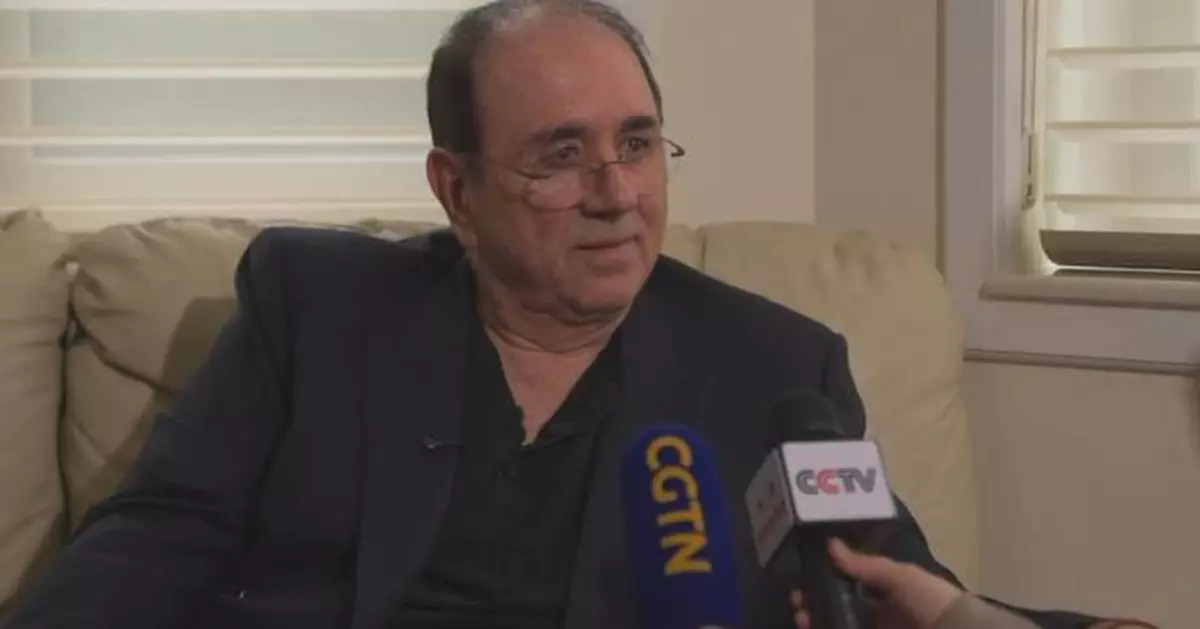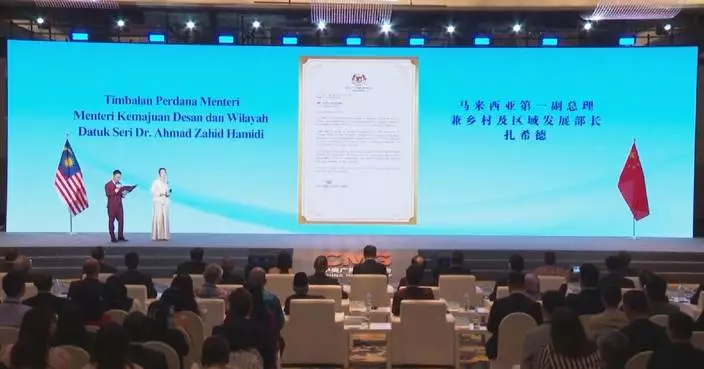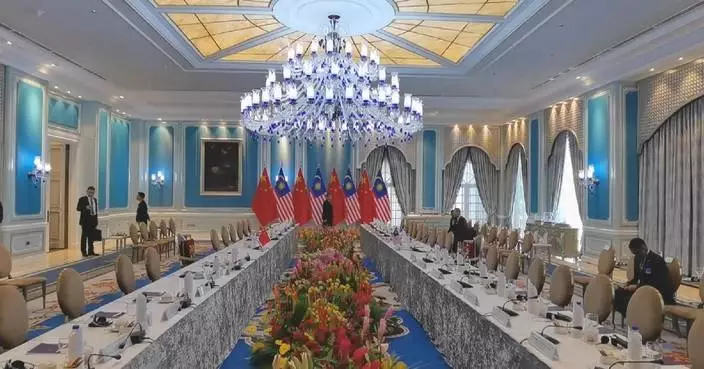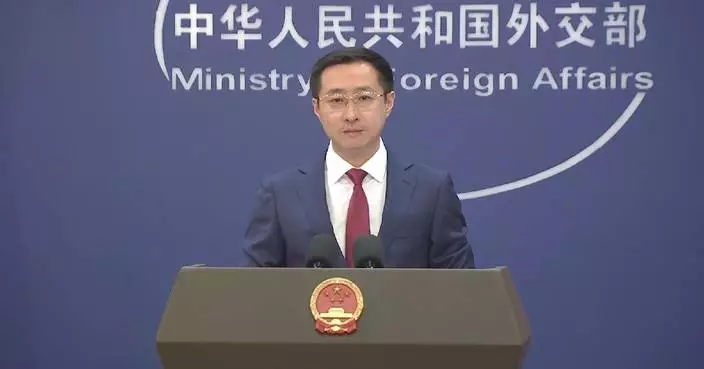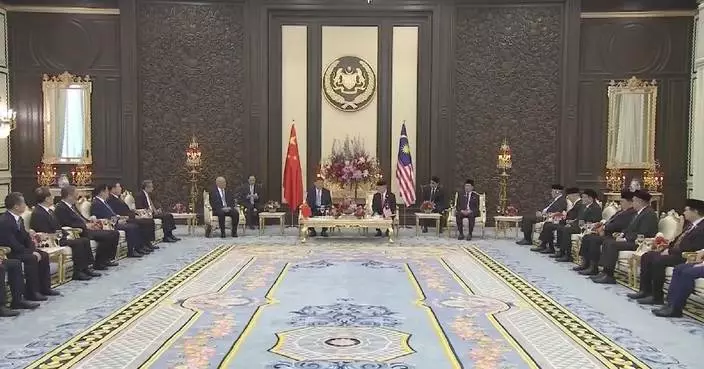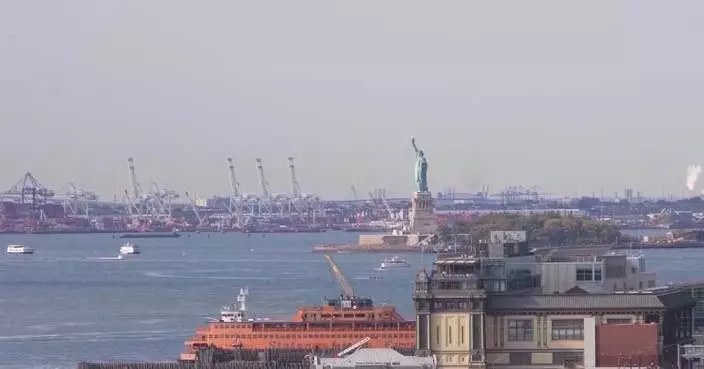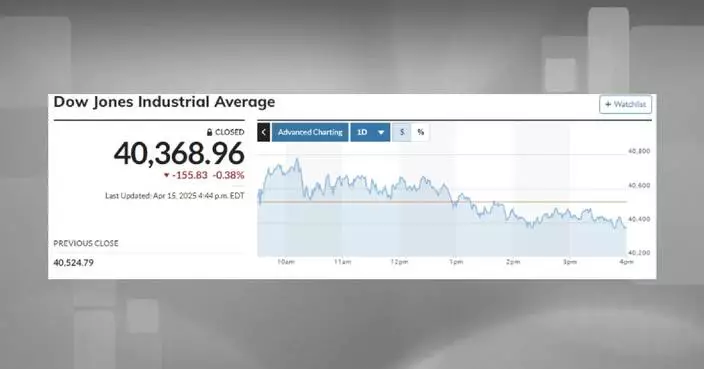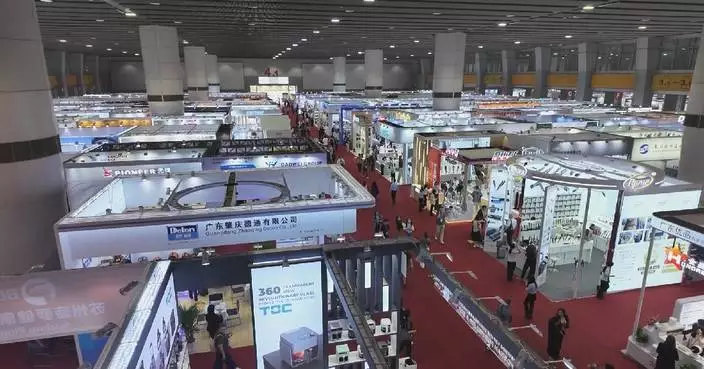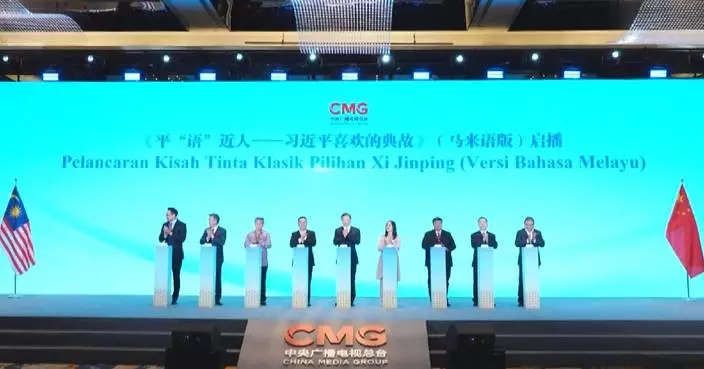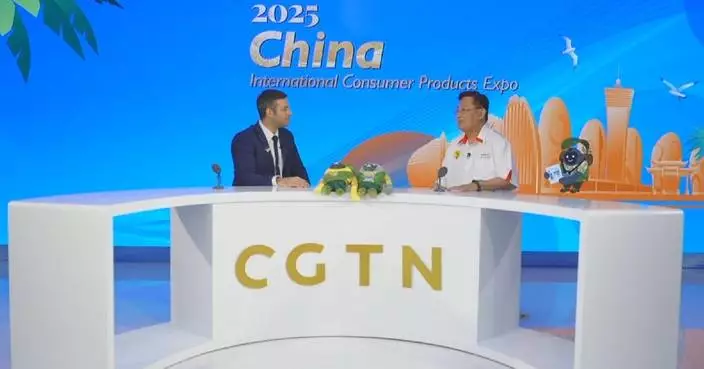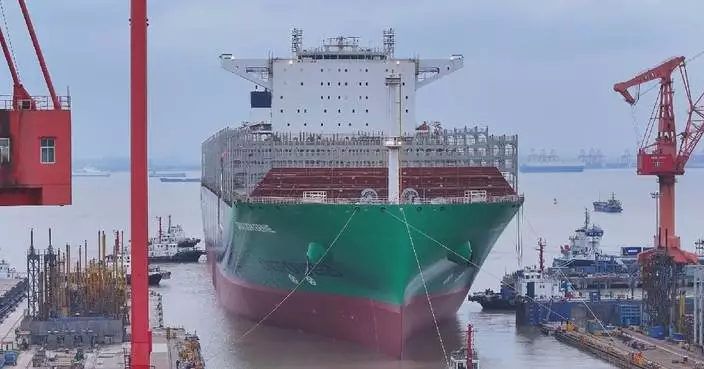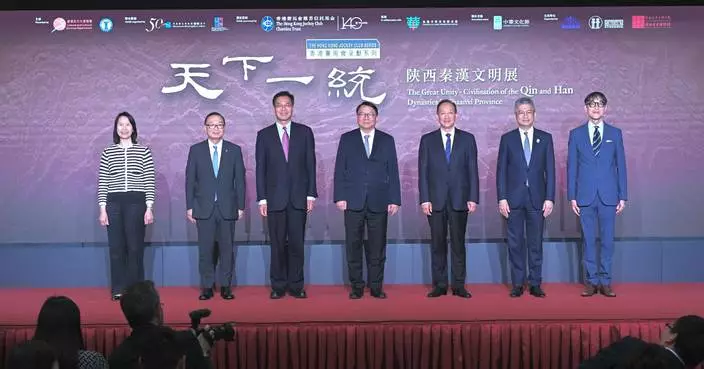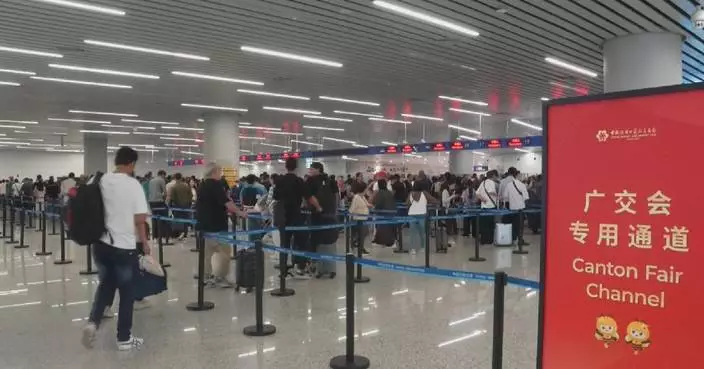The goal of bringing manufacturing back to the United States through imposing higher tariff on trading partners, eyed by President Donald Trump, is fundamentally flawed in logics that will damage both the American economy and global trade flows, a senior economist in Ecuador said on Friday.
U.S. President Donald Trump on April 2 signed an executive order on the so-called "reciprocal tariffs," imposing a 10-percent "minimum baseline tariff" on all imported goods and higher rates on certain trading partners. The order took effect on April 5.
Marco Flores, former Finance Minister of Ecuador from 2010 to 2012, highlighted that it is unrealistic to reshore manufacturing factor simply with severe trade protectionism measures.
"If a country wants to boost domestic production by raising tariffs, it's not easy. You can raise tariffs, but you can't immediately get factories to start producing at home. First, it's because domestic industries are heavily dependent on raw materials sourced from abroad. And second, globalization has made commodities themselves globalized. You cannot just raise tariffs and expect to start producing things that you didn't produce before. The U.S. tariff policy is simply unfavorable because the expected benefits cannot be achieved at all," Flores said.
Flores warned that the U.S. measures would inflate consumer prices, strain American households, and ripple through global supply chains.
"Higher tariffs will make many people pay higher prices and bear greater economic pressure, which will directly impact consumption. When consumption is impacted, the total demand will be affected. And when total demand and consumption are affected, it will have a negative impact on economic growth and employment. If some countries' consumption demands are restricted, their purchases from Ecuador will decrease, which will also affect Ecuador's trade balance and ultimately affect Ecuador's balance of payments," he said.
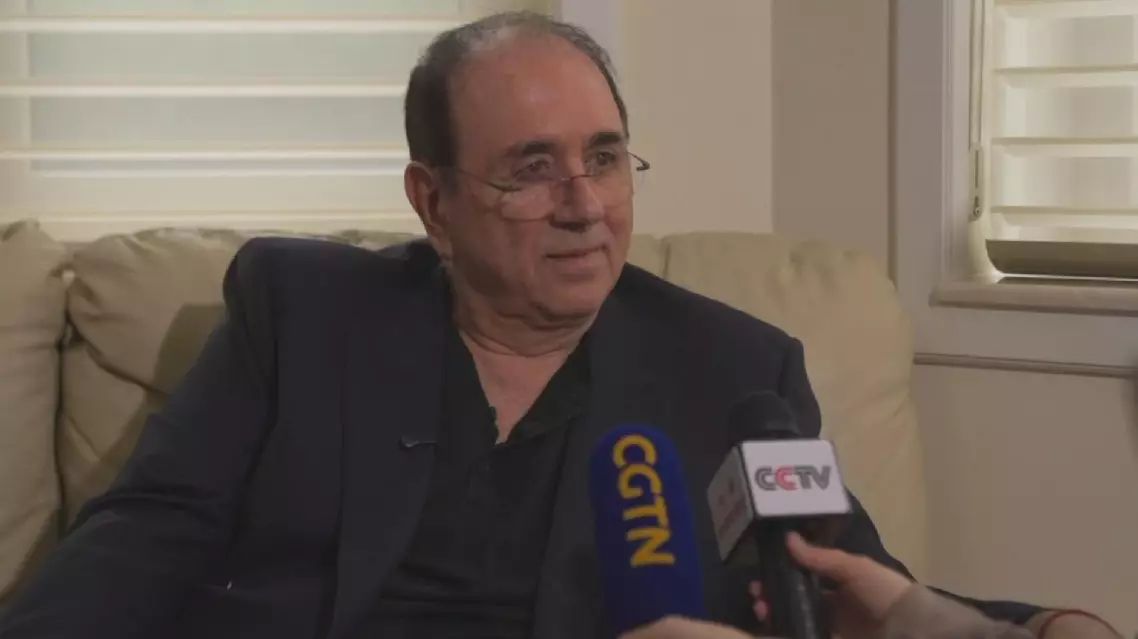
Hiking tariffs will not bring manufacturing back to US: former finance minister
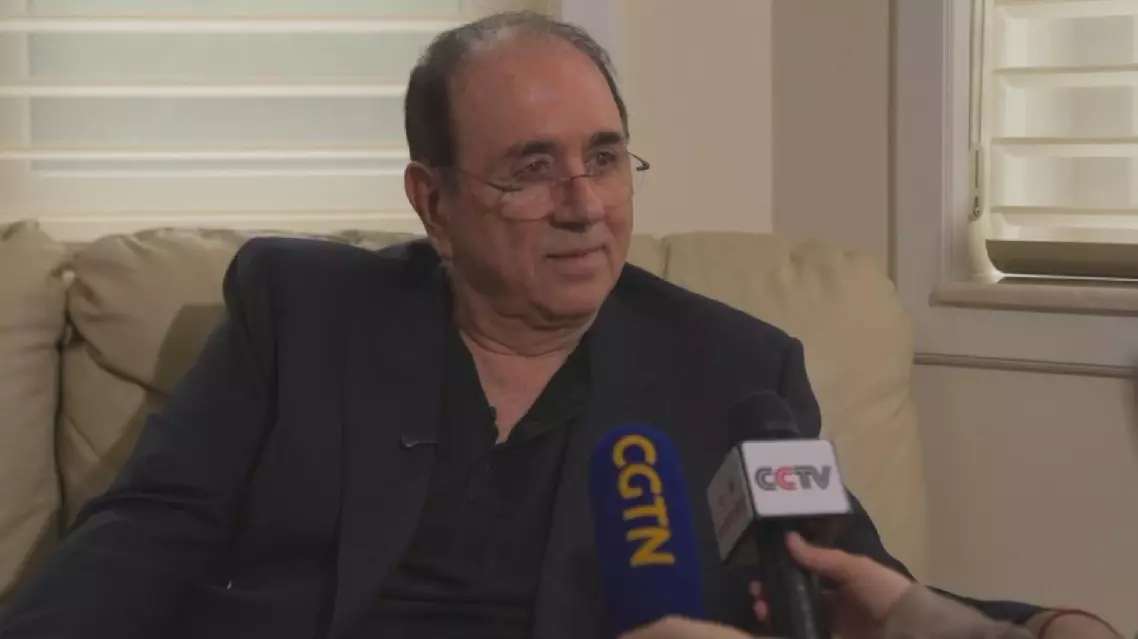
Hiking tariffs will not bring manufacturing back to US: former finance minister


